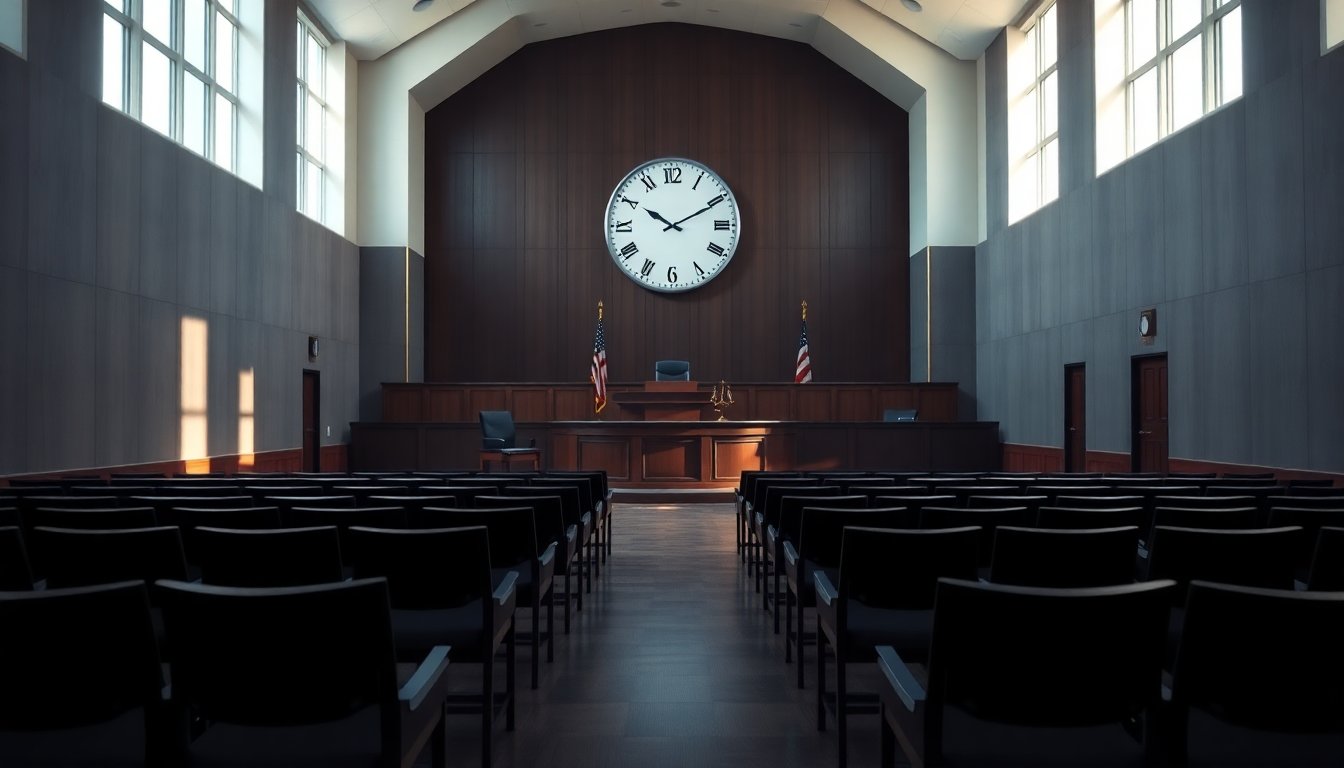Table of Contents
The recent government shutdown has led to a significant pause in high-profile antitrust investigations against major technology companies, particularly Amazon and Apple. This situation stems from a stalemate in Congress, raising concerns about the future of regulatory efforts to limit the influence of these tech giants. As lawmakers navigate budgetary challenges, the implications for ongoing legal proceedings are becoming increasingly evident.
Current state of antitrust cases
Amazon and Apple are facing scrutiny in an extensive investigation into Big Tech‘s market influence. The Department of Justice (DOJ) is pursuing allegations that these companies engage in anti-competitive practices detrimental to consumers and innovation. However, the ongoing shutdown has temporarily sidelined many resources and personnel essential for advancing these investigations.
Impact on ongoing investigations
The suspension of government services has caused significant delays in antitrust cases involving major companies. Lawyers and investigators are currently unable to conduct interviews, gather evidence, or proceed with legal actions. This disruption not only extends the timeline of these investigations but also raises concerns about potential outcomes once normal government operations resume.
Legal experts indicate that this interruption may offer a temporary advantage to Amazon and Apple. Both companies have been actively defending their business practices. With fewer resources available to the Department of Justice, these firms might find themselves in a more favorable position until investigations can be resumed.
Political backdrop of the shutdown
The recent government shutdown stems from ongoing political disputes in Washington. Clashes among various factions in Congress over budget allocations and policy priorities have hindered essential funding for regulatory bodies. This deadlock impacts not only antitrust cases but also disrupts other vital government functions.
Consequences for regulatory oversight
The implications of the shutdown extend beyond immediate antitrust investigations. It raises significant concerns about the ability of regulatory agencies to oversee and enforce laws governing Big Tech. As public skepticism regarding the influence of these companies grows, the demand for effective oversight becomes increasingly urgent. However, while the government remains paralyzed, the capacity to hold these corporations accountable is severely weakened.
The stagnation of antitrust cases raises concerns that other tech companies might feel encouraged to adopt anti-competitive practices, given the temporary reduction in regulatory oversight. This scenario underscores the delicate balance between political dynamics and the enforcement of laws meant to safeguard consumers and ensure fair competition.
Future implications
As the government shutdown continues, the fate of antitrust actions against Amazon and Apple remains uncertain. Stakeholders are closely monitoring any signs that could indicate a breakthrough in the ongoing political deadlock. If Congress succeeds in reaching a consensus and reopens the government, regulatory bodies will be tasked with addressing the backlog of investigations that have accumulated during this period.
The current situation highlights the vulnerabilities of regulatory frameworks when faced with political challenges. The relationship between governance and market regulation is intricate, revealing the need for a resilient system that can endure disruptions.
The outcome of the antitrust cases will hinge on political negotiations and the public discourse regarding the influence of technology companies. As consumers become more aware of corporate dominance, the demand for accountability is expected to rise when governmental functions resume.


